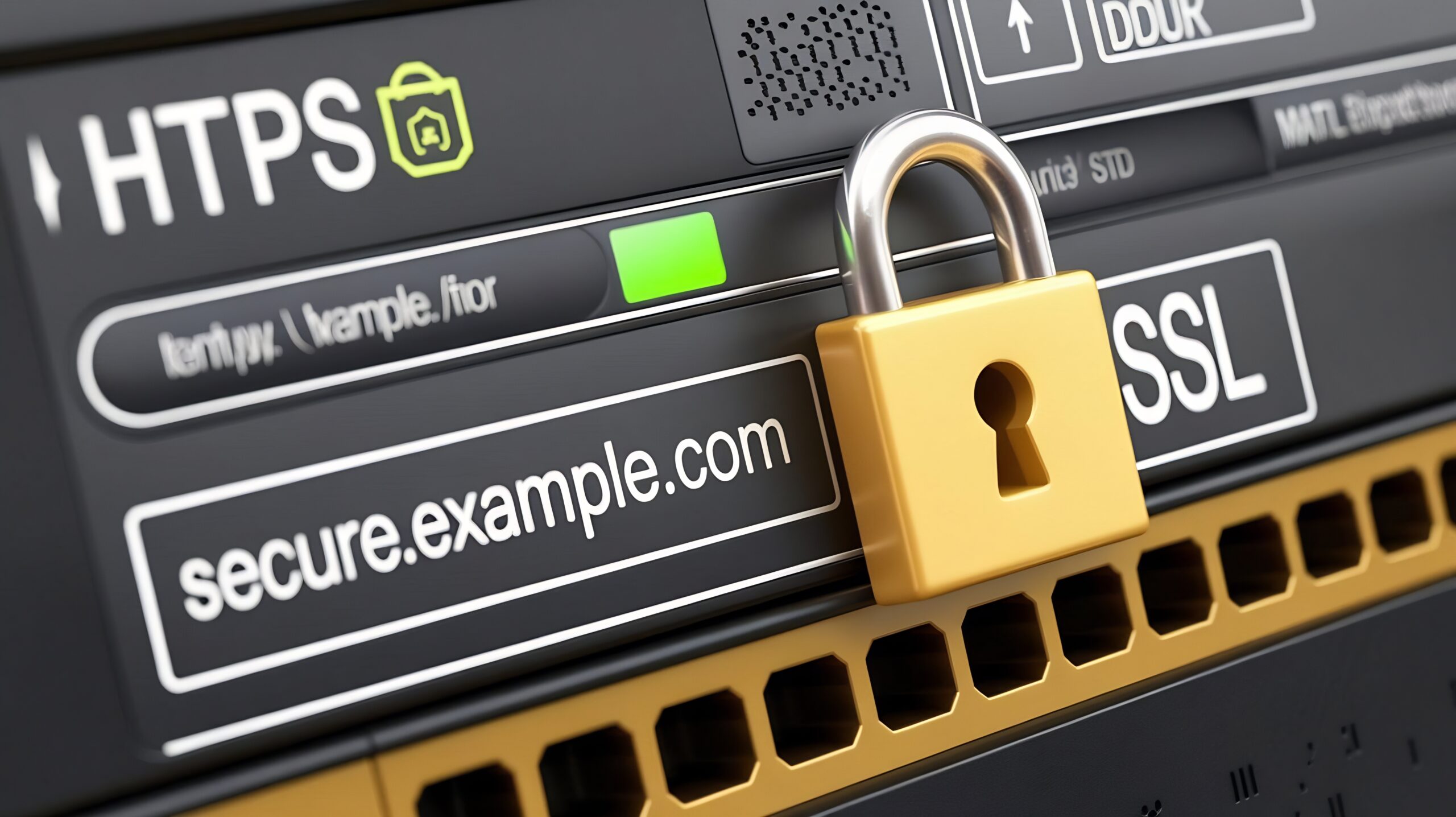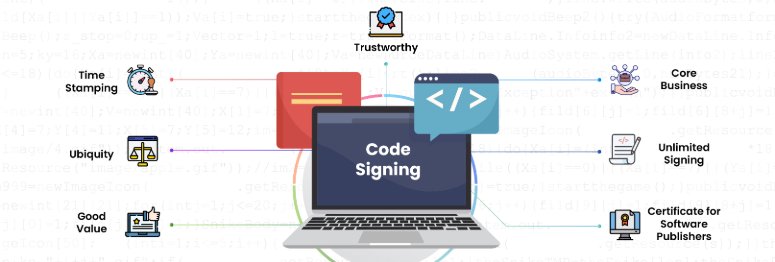The security of your data and systems is more important than ever.
A key management server (KMS) is critical for any enterprise that handles private data. It safeguards the confidentiality, integrity, and access of sensitive information by storing the private keys necessary for safe data transit over the internet.
A Key Management Server (KMS) is a specialised server that manages the encryption keys of an organization. Private keys protect internet data transit by encoding information in such a way that it is incomprehensible to anyone and everyone who lacks the appropriate decryption key.
KMS helps businesses manage important data access by limiting who might have exposure to encryption keys. It also ensures that keys are safely generated, kept, and preserved. This contributes to the prevention of unlawful access to private information, which can lead to data leaks, fraud, or the destruction of valuable trade secrets.
KMS is also used in certifications for SSL/TLS (Secure Sockets Layer/Transport Layer Security). SSL/TLS certificates protect buying process, email conversations, and login passwords. KMS produces, stores, and maintains encryption keys for SSL/TLS certificates, assuring their security and validity.
What is the purpose or Advantages of a Key Management Server?
1. The importance of cyber security has never been greater. Businesses must take preventive steps to secure their essential data and systems as hacker groups and security breaches become more widespread. Key management systems (KMSs) are crucial tools as they offer safety by securely handling encryption keys.
2. Protects Sensitive Data: KMS is an important component for organization as it protects sensitive data. It’s major purpose is to restrict access to locked data and assures that only authorized personnel with a decryption key can get the data
3. Maintaining Compliance: Regulatory rules might be difficult for organizations, but they are necessary to ensure the security of personal data. A KMS can help you with deployment by ensuring that encryption keys are securely maintained, and private data is accessible only by authorised employees.
4. Maintains Trust: In business, trust is essential, and clients want their sensitive data to be secured. Organizations may prove to their customers that they take data safety seriously by employing a KMS, which can help preserve confidence and avert reputation harm.
5. Reduces Risks: A data breach may be financially costly in terms of reputation. A KMS can assist in mitigating these risks by ensuring that encryption keys are handled securely, and that sensitive data is only accessible to authorized persons.
6. Low operational costs: Maintaining encryption keys may be difficult. The key management service fasttracks this process by offering a centralized platform for maintaining encryption keys, which helps in assisting and in minimizing operating expenses.
7. Increases Customer Trust: By implementing a KMS, firms can demonstrate to their clients that they take data security seriously, which may assist in increasing client trust and averting reputational damage.
8. Enhanced Security: KMS helps businesses in enhancing security with the help of managing encryption keys for all devices, applications, and services. This way all the sensitive information gets protected and cannot be accessed without authorized users.

Implementing a Key Management Server?
During establishing a KMS, selecting the correct vendor which can provide all of the required functionality and support is critical. A renowned seller with numerous clients who have been in business for a long time is typically a solid indicator of quality. As they have the knowledge and expertise of understanding and handling of KMS.
Who will manage your KMS?
Now that you’ve got a KMS server up and running, who will manage it?
TOnce you decide on a vendor, you must assemble a team to handle the KMS. Knowledge varies for every person so while handling a small business KMS it would not be a problem to hire an IT talent for management of Keys but if the enterprise is big and risk of data is more one should always hire external company for handling and management of such encrypted keys.
It is also critical to ensure that the KMS provider has strong security policies to prevent unwanted access. This is especially important when dealing with financial or personal data.
What to expect from an SSL certificate management system.
An SSL certificate management system is a critical component of your company’s IT infrastructure. It provides the ability to generate and store encryption keys, which are essential for the management of secure data transmission over the Internet. This means it’s important that you choose a dependable KMS vendor with robust security practices, including protecting against unauthorized access.
It’s also the foundation for securing websites with SSL/TLS certificates or SSH keys.
How do you ensure access to the private keys required for decryption?
For example, if the keys are on a server and you want to ensure that only authorized users can access them, you need to secure those keys by using a hardware security module (HSM). The HSM is used to store and manage private keys. It contains a tamper-resistant hardware chip that provides strong protection against unauthorized access.
A key management server may also be referred to as an activation server or key distribution center (KDC). A KMS is a critical component of your company’s IT infrastructure.
Conclusion
To Finally conclude, key management systems are a vital aspect of protecting important documents. Businesses must use security protocols such as KMS to safeguard their systems and assets from hostile assaults as the frequency of cyber threats and online fraud grows.











